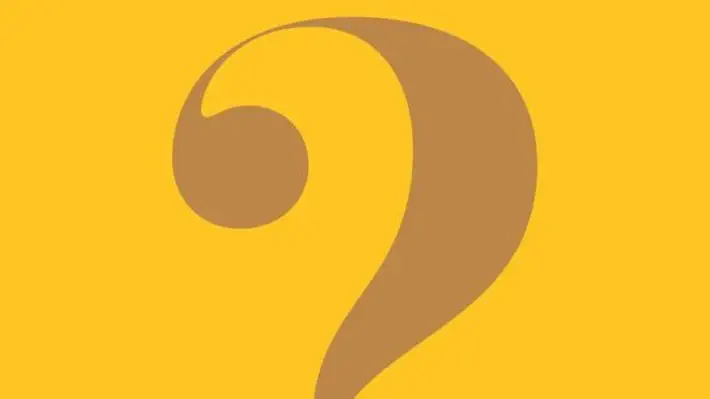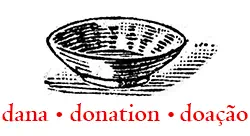A Review of “Gendun Chopel: Tibet's Modern Visionary”
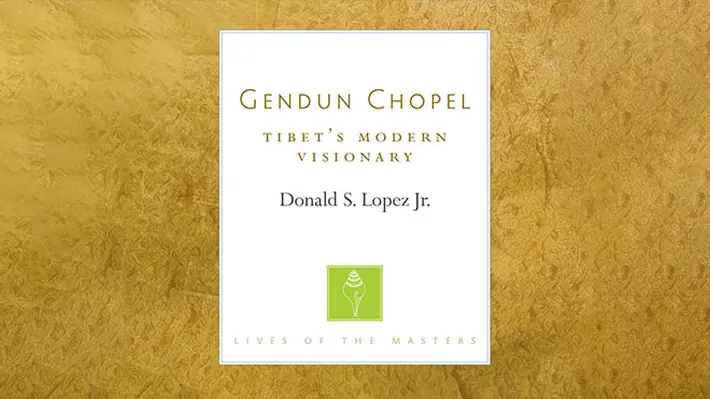
Best and most accessible book on the foremost Tibetan modernist figure
I’ve become interested in the ideas and life of Gendun Chopel after hearing some quite high and public praises by lamas such as Dzongsar Khyentse Rinpoche and His Holiness the Dalai Lama. The name really stuck, and I have been following Professor Lopez’s work since the early 2000s.
A few years ago I was working as a Portuguese interpreter in Brazil for a quite well known Western Buddhist scholar, and I asked him about Gendun Chopel. His answer was dismissive; he said “I don’t quite understand the academic fetish around this person”. He also warned me against Professor Lopez’s lack of open commitment to the Buddhist teaching, “Either he is a crypto-Buddhist and believes academic impartiality is higher than refuge, or he is not a Buddhist at all”.
I must say I am not in academia, and I have been a practicing Tibetan Buddhist for around 20 odd years now. So, I don’t seek to read books out of curiosity, or simply as an intellectual endeavor, but only in order to enhance my devotion and practice.
So I read Professor Lopez's books with the utmost carefulness, not quite allowing myself to become a “fan”, even though the subject matter was quite the type of stuff I am interested in – some of the more interesting internal polemics between Tibetan schools, sexuality, the adaptation of Buddhism to modernity, and a mercurial figure that could perhaps be a “crazy wisdom master”.
I confess I was in doubt about Lopez – but not quite in doubt about Gendun Chopel, since he was openly praised by my teachers – up until this book. I have read 4 of the other 5 books he wrote on the subject, but this was the one that won me over. This guy might be a crypto-Buddhist, but the way he qualifies Gendun Chopel as a Buddhist, and perhaps a great scholar master, is quite indicative of a deep understanding of Buddhism; of the kind I have only so far seen in Dzongsar Jamyang Khyentse Rinpoche himself. The way he recognizes Gendun Chopel’s Dharma practice is really very profound.
So I can finally disregard that one-sided warning and welcome Professor Lopez to the mandala of my mind.
Apart from my perhaps idiosyncratic religious inclinations and peculiar interests, the reader can rest assured: this is a delightful interesting book to read. If you like spirituality, biography and particularly how some of the modernist (global) ideas played on the mind and actions of a highly gifted person from a very xenophobic culture that had a first hand glimpse of India’s multiculturalism in the effervescent beginning of the last century, you will love it.
If you are interested in the multicultural challenges the adaptation of Buddhism has to face in the modern world, this is also an essential book on that.
If you are interested in Buddhism in general, and in the history of how Buddhism came to the west, this is a seminal work. If you are a Tibetan Buddhist student, you need to know this teacher, Gendun Chopel. And that’s the best and most accessible book about him.
Buy the book at amazon.com using this link and help this website.
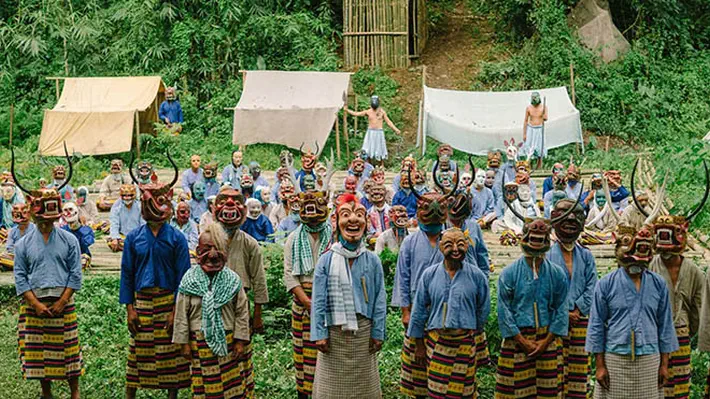 tzal.org
tzal.orgA Review of Hema Hema
The movie by Khyentse Norbu in the words of your favorite webkeeper Padma Dorje.
![“When Buddhist Romanticism speaks to these needs, it opens the gate to areas of dharma [the Buddha's teachings] that can help many people find the solace they’re looking for. In doing so, it augments the work of psychotherapy [...] However, Buddhist Romanticism also helps close the gate to areas of the dharma that would challenge people in their hope for an ultimate happiness based on interconnectedness. Traditional dharma calls for renunciation and sacrifice, on the grounds that all interconnectedness is essentially unstable, and any happiness based on this instability is an invitation to suffering. True happiness has to go beyond interdependence and interconnectedness to the unconditioned [...] [T]he gate [of Buddhist Romanticism] closes off radical areas of the dharma designed to address levels of suffering remaining even when a sense of wholeness has been mastered.” Thanissaro Bhikkhu on the most common western flavour o Dharma.](/img/lead/the-roots-of-buddhist-romanticism.webp) accesstoinsight
accesstoinsightThe Roots of Buddhist Romanticism
“When Buddhist Romanticism speaks to these needs, it opens the gate to areas of dharma [the Buddha's teachings] that can help many people find the solace they’re looking for. In doing so, it augments the work of psychotherapy [...] However, Buddhist Romanticism also helps close the gate to areas of the dharma that would challenge people in their hope for an ultimate happiness based on interconnectedness. Traditional dharma calls for renunciation and sacrifice, on the grounds that all interconnectedness is essentially unstable, and any happiness based on this instability is an invitation to suffering. True happiness has to go beyond interdependence and interconnectedness to the unconditioned [...] [T]he gate [of Buddhist Romanticism] closes off radical areas of the dharma designed to address levels of suffering remaining even when a sense of wholeness has been mastered.” Thanissaro Bhikkhu on the most common western flavour o Dharma.
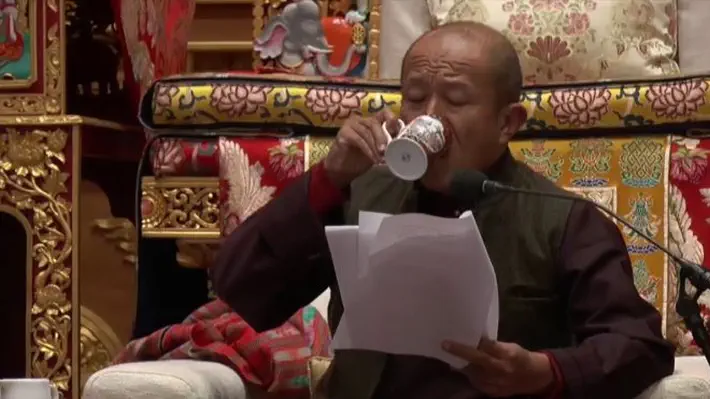 YouTube
YouTubeVajrayana Buddhism in the West: The Challenges and Misunderstandings of our Times
In March 2018, Dzongsar Khyentse Rinpoche gave teachings to the Rigpa Sangha in Berlin, London and Paris. These teachings are wonderful in any context, explain the Vajrayana practice of guru yoga in depth, and deal directly with the subject at hand.
